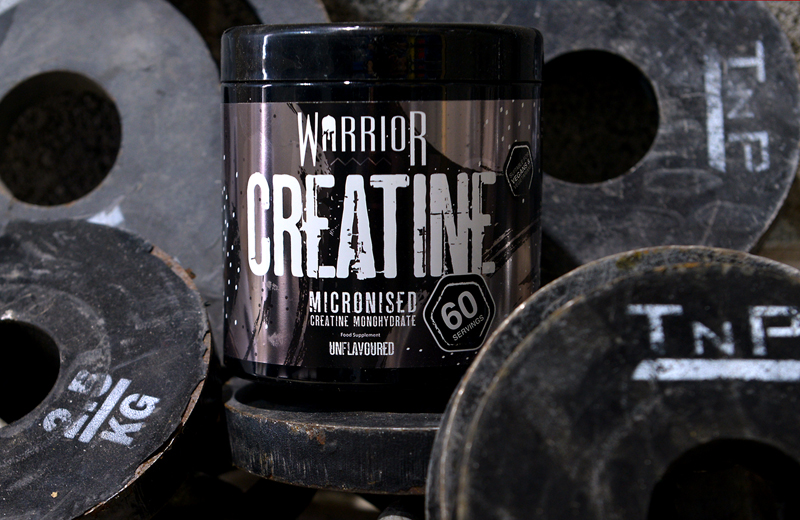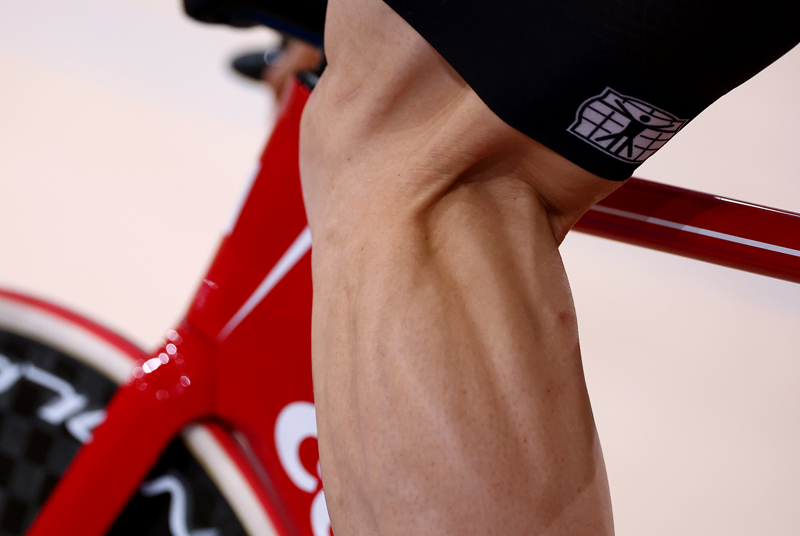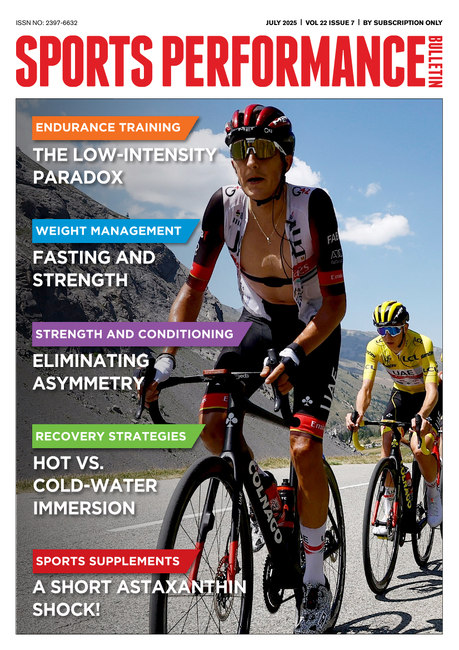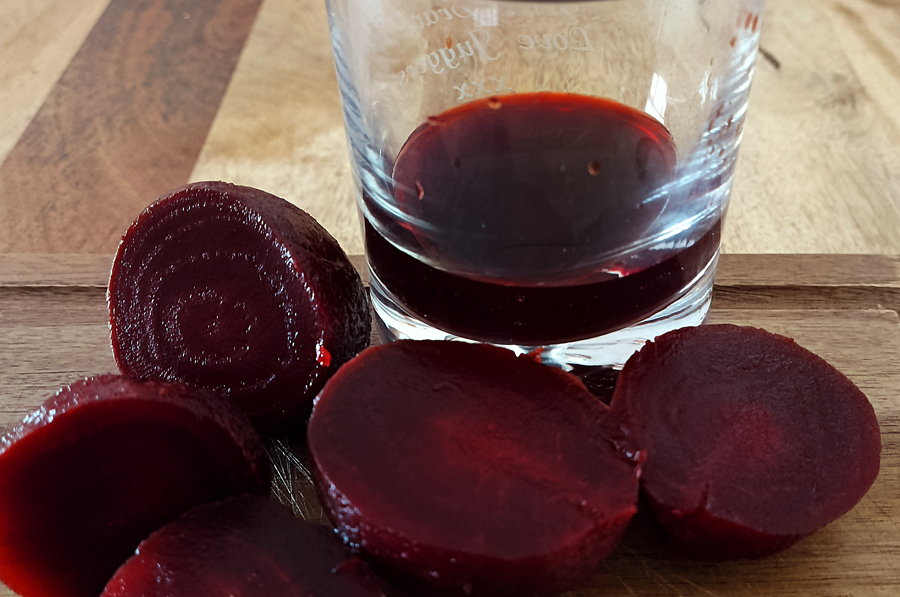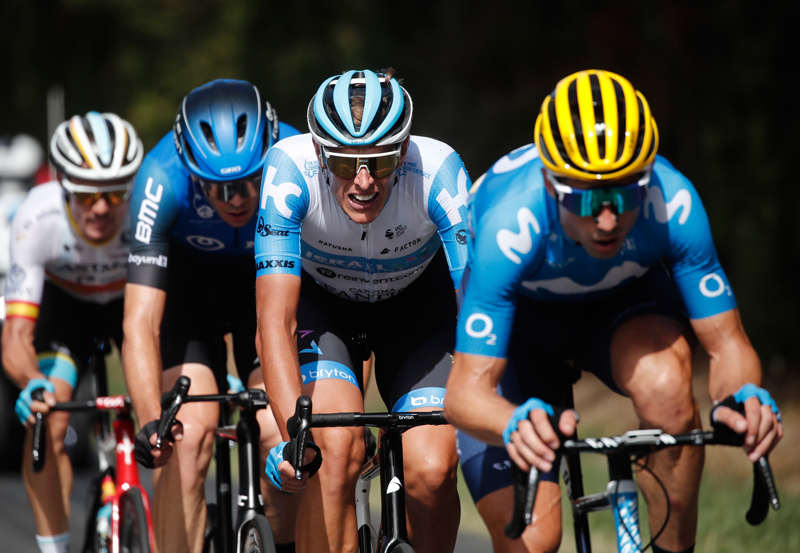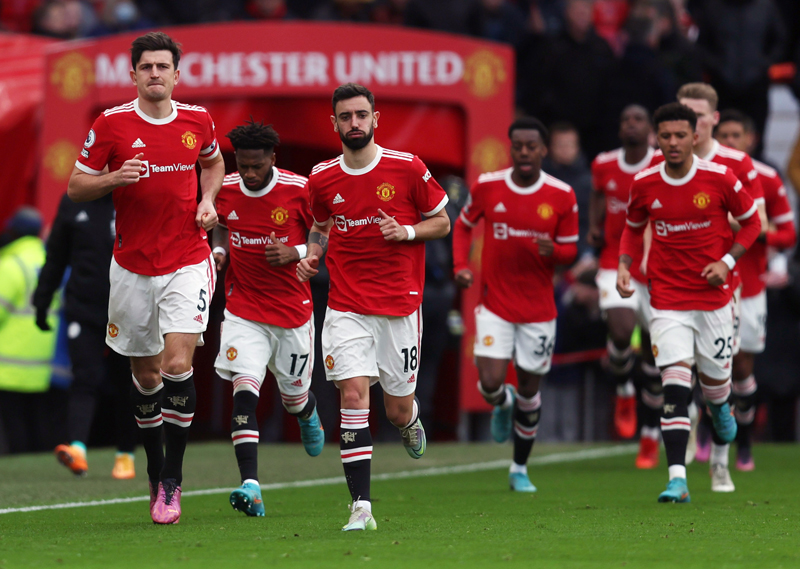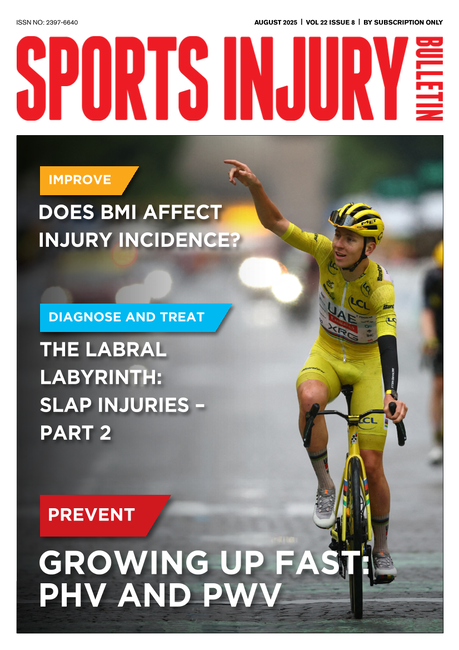Creatine and athletes: more of the latest thinking
In the second half of a two-part article, Andrew Sheaff looks at the very latest thinking on creatine use, and how athletes can get the very best out of it
In last month’s article, we discussed some findings from a recent research review on creatine by a group of scientists, thus providing scientifically supported answers to some common questions and misunderstandings about its use(1). We also distilled those answers to make them as practically applicable as possible – to help you grasp the key concepts and make effective decisions about if, when, or how to use creatine.
This article is a follow-up to that initial article where we’ll explore answers to the remaining questions that the scientist evaluated. The goal is to provide you with practical advice and perspective that is derived from the most current scientific research. That way, you can implement creatine into your own training or the training of athletes you coach. Alternatively, you may learn that creatine isn’t appropriate for your goals. Regardless, you can rest easy knowing that your choices are backed by the best available evidence.
Q#6: Is creatine an anti-inflammatory intervention?
The importance of inflammation in disease processes has gained more and more attention over the past several years, and there is some evidence that creatine may play a role in controlling inflammation. While the effects of creatine are typically associated with short-term exercise performance, high dosages of creatine prior to extended duration endurance races have been shown to reduce post-race markers of inflammation. This indicates that creatine may reduce inflammation following long duration endurance activity, but not following short duration, high intensity training.
Q#7: Can creatine speed up recovery following injury, surgery and/or immobilization?
Unfortunately, athletes get injured, and tissue healing becomes a limiting factor when attempting to return to training and competition. As a result, any strategy that can speed healing is going to be of interest. Creatine provides energy needed for cellular function, as well as likely positively influences muscle protein breakdown by slowing it down, making it a compound of interest. There is convincing evidence in animal models that creatine can be effective at speeding healing. When it comes to human studies however, the results are mixed, with some studies showing a benefit and other failing to do so. Further research is necessary to determine which factors contribute most to positive outcomes. In the meantime, if you are facing an injury situation, creatine falls into the category of ‘can’t hurt, might help’.
Q#8: Can creatine supplementation cause cancer?
Links to creatine and cancer have been speculative rather than evidence based. The studies in question made inappropriate theoretical links or used unreasonably large creatine dosages in animal models with inherently different metabolic processing of creatine. When the research is examined in detail, there is little to suggest that creatine supplementation in the typically suggest dosages (3-5 grams per day) has the potential to cause cancer. Importantly, many of the side effects of cancer such as muscle wasting can be positively impacted by creatine supplementation.
Q#9: Will creatine intake increase urine production?
Higher water intakes are often encouraged when consuming creatine, especially during initial loading phases where larger doses of creatine are consumed. As a result, urine production typically increases. However, this is a result of greater water intakes rather than greater urine production stimulated by creatine usage.
Q#10: Does creatine influence blood pressure?
Creatine can increase the volume of fluid within cells, which has led some to suggest that creatine may negatively impact blood pressure (ie raise it). However, in both healthy populations and those already demonstrating chronic disease, creatine supplementation was found to have zero impact on blood pressure. In fact, one study demonstrated that creatine magnified decreases in blood pressure following resistance training. At this point, there is zero evidence to suggest that creatine negatively influences blood pressure.
Q#11 Is creatine safe to consume during pregnancy?
There is emerging evidence on the role of creatine in protecting energy status in developing fetuses, as well as during complicated pregnancies. Several animal studies have been conducted investigating the effect of creatine in pregnant rodents. The findings have all suggested a neutral or slightly positive impact on fetal and maternal health. Moreover, there is no evidence that creatine has any negative health effects of women of child-bearing age. While the research is consistent that creatine is safe during pregnancy in animal populations, no human studies exist to confirm these findings at this point, with multiple studies currently underway.
Q#12: Does creatine enhance performance in adolescents?
Most of the creatine literature involves adult subjects. While studies in adolescents are lacking, those that do exist consistently support the same outcomes demonstrated in the adult literature. Improvements in both sports performance as well as the underlying physiological capacities have been shown, and adolescents can expect to receive many of the same benefits as adults. At this point, more research is needed to confirm and expand these findings because while many of the performance and physiological benefits seen in adults are experienced in adolescents, there are some key differences in developing metabolic and physiological processes.
Q#13: Does creatine adversely affect male fertility?
Creatine use has sometimes incorrectly been confused with anabolic steroid use, and as a result, many of the negative aspects of steroid use have been associated with creatine use. One of those potential negative side effects is male fertility. However, rather than detrimentally affecting fertility in males, creatine supplementation may enhance it. Creatine may facilitate sperm viability by maintaining high energy status in sperm, and low creatine levels have been associated with reduced sperm quality. Supplementation in animal models supports these theoretical considerations, with supplementation improving various aspects of sperm quality. In humans, one study demonstrated that total sperm count and semen concentration was higher in men consuming protein supplementation, with 44% of those men also consuming supplemental creatine(2).
Q#14: Does the brain require a higher dose of creatine than skeletal muscle?
While creatine supplementation has largely been of interest due to its effects on muscle tissue, it can also have a positive effect on brain tissue. Protocols for increasing muscle creatine stores are well documented - either using a short-term loading phase (around 20 grams/day for six days followed by 2 grams/day maintenance dosing) or a more patient approach (3 grams per days for 28 days). Unfortunately, the literature involving uptake in brain tissue is much less clear. Brain creatine metabolism is different than muscle metabolism as the brain can create its own creatine. Furthermore, creatine in the blood may have limited access to brain tissue. Across multiple studies, no dose-response relationship is apparent, although it appears that higher dosages for prolonged periods of time may be necessary to increase and optimize brain creatine levels.
Q#15: Can creatine attenuate symptoms of sleep deprivation?
It’s no secret that many humans do not get enough sleep, which can have a negative impact on multiple aspects of brain function. Interestingly, these negative effects are at least partly related to reduced creatine levels in the brain. This has prompted research into whether creatine supplementation can rescue cognitive function in conditions of sleep deprivation. Multiple studies have demonstrated this to be the case, both during normal cognitive tests as well as cognitive tests following moderate intensity exercise. Interestingly, there is evidence that both chronic creatine supplementation as well as a single large dose of creatine (0.35 grams per kilogram of bodyweight) can have a positive effect on cognitive function following sleep deprivation. However, while creatine supplementation may improve cognitive function in conditions of sleep deprivation, no evidence exists that creatine can improve cognitive function if one is well rested.
Q#16: Can creatine reduce the severity of or improve recovery from traumatic brain injury?
With greater awareness of the negative impact of repeated concussions in sport as well as military activities, there has been increased interest in the potential impact of creatine use following traumatic brain injury. There’s also interest in whether creatine supplementation can preemptively reduce the impact of head trauma. This interest stems from creatine’s role in energy homeostasis in the brain, and the cellular energy crises that arise from trauma to the brain. Rodents supplementing with creatine have been shown to experience reduced trauma following an insult to the brain. For ethical reasons, this line of research has not been pursued in humans. However, multiple studies have demonstrated that long-term creatine supplementation can improve multiple markers of brain health following brain injury. While more research is needed, the findings to date on use of creatine during traumatic brain injury are encouraging.
Act with confidence
There you have it. You should now have a much clearer understanding of the potential impacts of creatine, as well as how to use it optimally. Hopefully, you’ve learned one strategy that will change your approach to creatine, or you’ve learned something that has further solidified your approach to implementing creatine into a supplementation and performance program. It’s also possible that an answer to one of the questions has piqued your curiosity about a specific topic. Be sure to check out the relevant scientific paper for all the details. And if you haven’t already, make sure you read last month’s issue for more answers to common creatine questions!
References
1. J Int Soc Sports Nutr. 2025 Dec;22(1):2441760. doi: 10.1080/15502783.2024.2441760. Epub 2024 Dec 25.
2. Fertil Steril [Internet]. 2020. [cited 2024 Jun 14];114(1):89–96
Related Files
Newsletter Sign Up
Testimonials
Dr. Alexandra Fandetti-Robin, Back & Body Chiropractic
Elspeth Cowell MSCh DpodM SRCh HCPC reg
William Hunter, Nuffield Health
Newsletter Sign Up
Coaches Testimonials
Dr. Alexandra Fandetti-Robin, Back & Body Chiropractic
Elspeth Cowell MSCh DpodM SRCh HCPC reg
William Hunter, Nuffield Health
Keep up with latest sports science research and apply it to maximize performance
Today you have the chance to join a group of athletes, and sports coaches/trainers who all have something special in common...
They use the latest research to improve performance for themselves and their clients - both athletes and sports teams - with help from global specialists in the fields of sports science, sports medicine and sports psychology.
They do this by reading Sports Performance Bulletin, an easy-to-digest but serious-minded journal dedicated to high performance sports. SPB offers a wealth of information and insight into the latest research, in an easily-accessible and understood format, along with a wealth of practical recommendations.
*includes 3 coaching manuals
Get Inspired
All the latest techniques and approaches
Sports Performance Bulletin helps dedicated endurance athletes improve their performance. Sense-checking the latest sports science research, and sourcing evidence and case studies to support findings, Sports Performance Bulletin turns proven insights into easily digestible practical advice. Supporting athletes, coaches and professionals who wish to ensure their guidance and programmes are kept right up to date and based on credible science.
